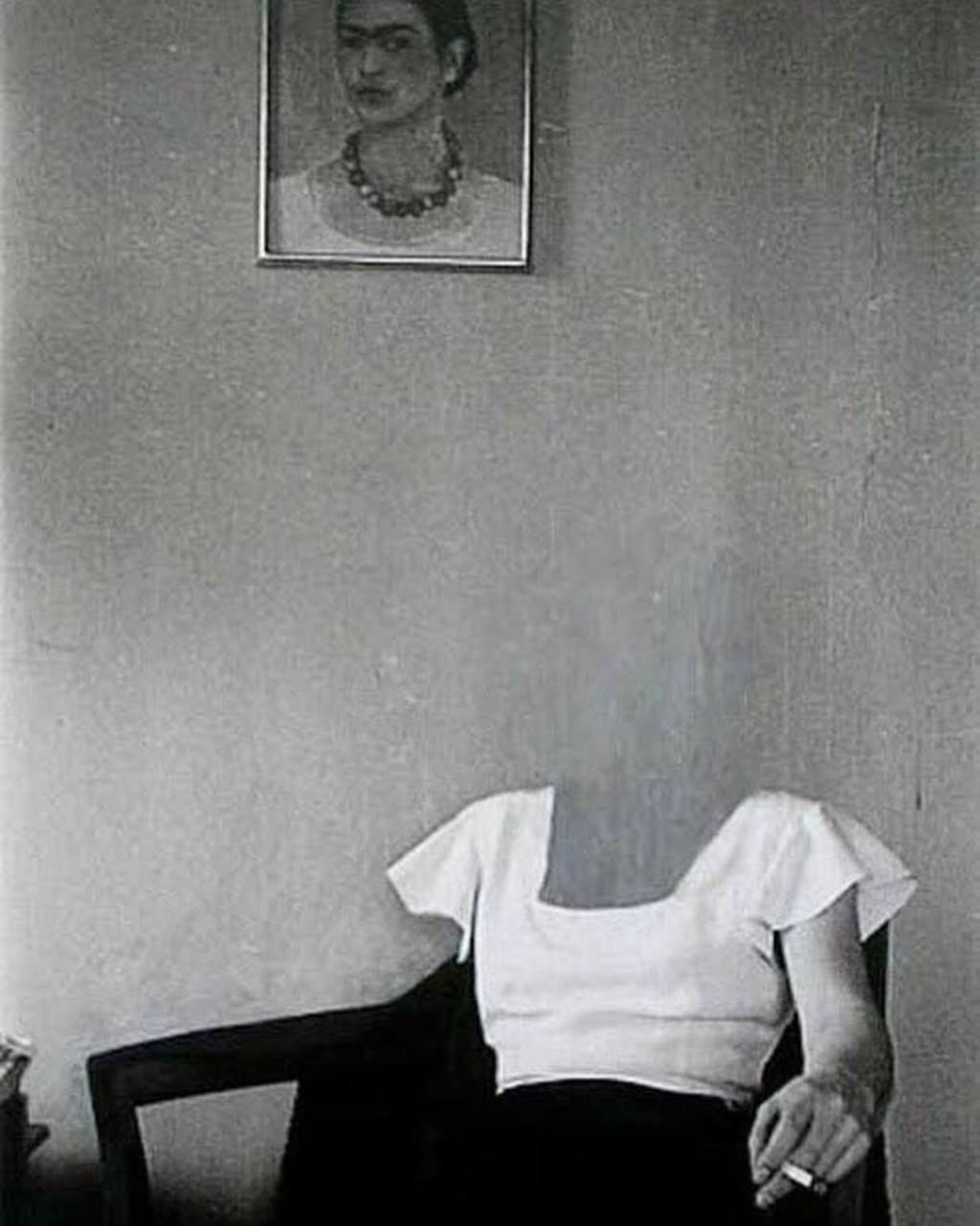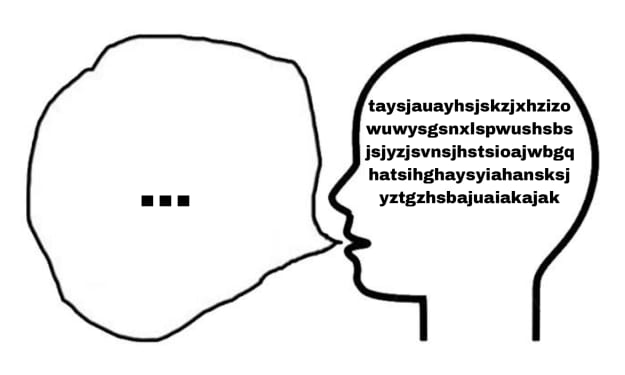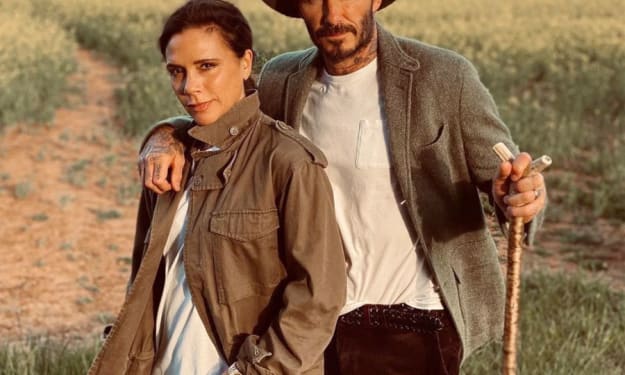
I don't know if I should call it a blessing or a curse to be part of a Third World culture. Given my circumstances, I do feel grateful for the way my life has unfolded. Growing up in an Indian family and living in three different countries on three different continents for over 12 years was truly an experience. But at what cost?
Now hear me out, I am not saying that I despised the way I grew up or that I don't appreciate the grand experiences of my life. In those 12 years, I explored more than I could ever dream of at such an early age. I made memories, captured different ideologies, and absorbed so many different cultures. At a young age, I moved to Zanzibar. God, those were some tough four years. Everything was new to me: the language, the place, the people. Moreover, just when I was getting used to my surroundings, I shifted to Houston. That was a pretty big change from a small island to a fully developed city. Going through high school in a different environment with a new culture was challenging. But that wasn’t the last move. Three years later, the next stop was Windhoek. This place gave me more stress and anxiety than the previous ones. Though it was less crowded, it was academically demanding. I was at an age where I was becoming more aware of everything. On top of that, starting IB in the middle of 11th grade was crazy. I never thought my academics would weigh me down so much. But hey, I guess I made it work. I passed by the skin of my teeth, and now I’ve been back in India for two years and counting. However, coming back to my own country felt so off.
When I was outside of India, I considered myself an outsider and accepted that I was different from the rest of the people. This was due to many reasons such as differences in culture, beliefs, language, religion, people, atmosphere, etc. However, when I came back to live in my home country, I never felt any different aside from being able to speak my mother tongue. This sent me into a trance, alongside the different postcolonial theories I came across while studying English literature in college.
One key figure in postcolonial theory, Homi K. Bhabha, introduced the concept of the “Third Space,” which “refers to the interstices between colliding cultures, a liminal space ‘which gives rise to something different, something new and unrecognizable, a new area of negotiation of meaning and representation.’ In this ‘in-between’ space, new cultural identities are formed, reformed, and constantly in a state of becoming” (“The Third Space: Cultural Identity Today | 2008”). I dwelled a lot upon this and realized that when I was outside my home country, I always felt like I was in a third space. As I started assimilating into the culture I was surrounded by, I felt as if I could blend in if I just stayed a bit longer despite the premature school bullying and not fitting in well on campus. This was because I never really had a life I could recall in India—barely any contact with my childhood friends or even memories. However, moving from country to country cost me a lot. This third space wasn’t just between a new country I was in and my home country but rather between a new country and another new country. This is because, in the process of shifting, I lost the friends and memories I made. A new place would haunt me with memories of something lost and gone. It’s not easy to keep in contact when one knows you’ll never meet again, and that’s simply how my life had been.
Similarly, when I came to India, I thought I was back home, but was I really? I would always think “I can’t wait to be home” whenever someone else would talk about their return to their home country. But soon after, I would think to myself, what exactly should I call home?
When I finally arrived in India, I was beyond surprised. Of course, I had changed, and of course, I was different, but I didn’t think I would feel so alienated in my country. My accent, my paler skin color, my vocabulary, my lifestyle—everything that made me, me, was now used as a way of giving me an identity crisis in my own country. Though I’ve learned to embrace this now and it doesn’t bother me anymore that I have to move again in a couple of years to a new place, the feeling of belonging—I don’t think I’ll ever get to feel it in my young adulthood.
*
*
Work Cited
“The Third Space: Cultural Identity Today | 2008.” Amherst College, 2008, https://www.amherst.edu/museums/mead/exhibitions/2008/thirdspace.
About the Creator
Priyadarshini Gupta
"million feelings, zero words"
Currently a student pursuing English literature as a major.
Enjoyed the story? Support the Creator.
Subscribe for free to receive all their stories in your feed. You could also pledge your support or give them a one-off tip, letting them know you appreciate their work.






Comments
There are no comments for this story
Be the first to respond and start the conversation.